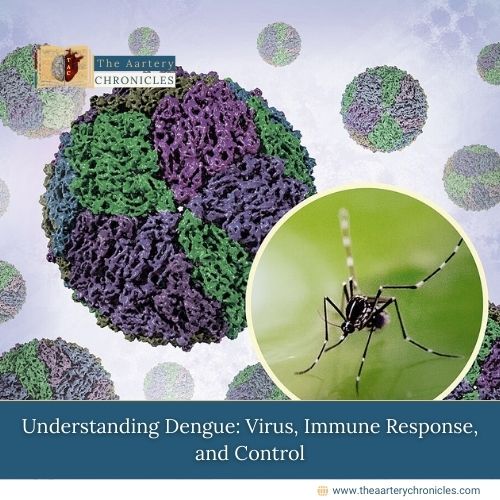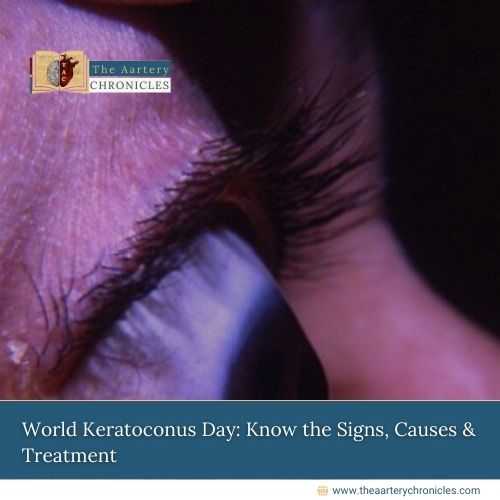

Must Know Intestinal Diseases In Dogs For Pet Owners
Introduction
Intestinal diseases in dogs are a major concern for pet owners. These diseases can range from simple gastrointestinal disorders to more serious conditions that require immediate medical attention. Understanding the symptoms, causes, and possible treatments is essential to ensuring the health and well-being of your dog.
Symptoms Of Intestinal Diseases In Dogs
Recognizing the symptoms of intestinal diseases is the first step to intervene promptly:
- Diarrhea: Frequent and persistent, often accompanied by blood or mucus.
- Vomiting: May be episodic or continuous.
- Loss of appetite: The dog may show disinterest in food.
- Weight loss: An unexplained and rapid weight loss.
- Abdominal pain: Manifested through groaning or reluctance to move.
- Lethargy: The dog seems more tired than usual and less active.
- Flatulence: Excessive production of intestinal gas.
Causes Of Intestinal Diseases In Dogs
The causes of intestinal diseases in dogs are many and may include:
- Bacterial and viral infections: such as canine gastroenteritis.
- Intestinal parasites: such as roundworms, tapeworms, and giardia.
- Poor diet: Unsuitable foods or sudden changes in diet.
- Food allergies: intolerances to specific ingredients.
- Inflammatory bowel disease (IBD): A chronic condition of the gastrointestinal tract.
- Foreign bodies: Swallowed objects that block the intestine.
- Tumors: Masses or growths in the intestinal tract.
Diagnosis Of Intestinal Diseases In Dogs
Diagnosing intestinal disease in dogs requires a thorough veterinary evaluation. Common steps include:
- Physical examination: general assessment of the dog’s health.
- Blood tests: To identify infections, inflammation, and other abnormalities.
- Stool analysis: to detect parasites and bacterial infections.
- X-rays: To visualize possible blockages or structural abnormalities.
- Ultrasound: for a more detailed view of internal organs.
- Endoscopy: To directly examine the inside of the gastrointestinal tract.
- Biopsy: removal of tissue for further analysis.
Treatments For Intestinal Diseases In Dogs
Treatment of intestinal diseases in dogs depends on the specific cause:
- Medications: Antibiotics for infections, antiparasitics for parasitic infestations, anti-inflammatories for IBD.
- Diet: specific and highly digestible foods, often prescribed by the veterinarian.
- Surgery: necessary in case of foreign bodies or tumors.
- Probiotics: to restore healthy intestinal flora.
- Fluid therapy: Here is to prevent dehydration caused by vomiting and diarrhea.
Prevention
Intestinal diseases in dogs can pose a serious threat to the health of our four-legged friend. It is essential to recognize the symptoms early and consult the veterinarian for an accurate diagnosis. Proper treatment and prevention can make the difference in ensuring a long and healthy life for your dog.
Conclusion
Quick relaxation techniques are a valuable tool for managing stress and improving our overall well-being. Learning to use these strategies effectively can help us respond better to the challenges of daily life, protect our physical and mental health, and live a more balanced and happy life. I encourage everyone, especially beginners, to experiment with different techniques and find the ones that work best for them, integrating these practices into their daily routine. Even a few minutes a day can make a big difference in the long run.
Frequently Asked Questions (FAQs)
- Who is at risk for bowel disease?
Dogs of all ages can be at risk, but puppies and older dogs are more vulnerable. Tip: Maintain regular vet checkups to prevent intestinal problems.
- What causes bowel disease?
Causes can range from infections, parasites, food allergies to tumors. Tip: Monitor your dog’s diet and keep his living environment clean.
- When do symptoms of intestinal disease appear in dogs?
Symptoms can appear at any time, often after ingestion of contaminated or inappropriate foods. Tip: Avoid sudden changes in your dog’s diet.
- How are they diagnosed?
Through blood tests, stool tests, x-rays, ultrasounds and possibly endoscopies. Advice: Take your dog to the vet at the first signs of discomfort.
- Where is intestinal disease most common in dogs?
Intestinal diseases can affect dogs anywhere, but are more common in dirty environments or where the diet is inadequate. Tip: Maintain a clean environment and a balanced diet for your dog.
- Why are intestinal diseases dangerous?
They can lead to dehydration, weight loss, and in severe cases, be fatal. Advice: Act promptly at the first signs of illness.









